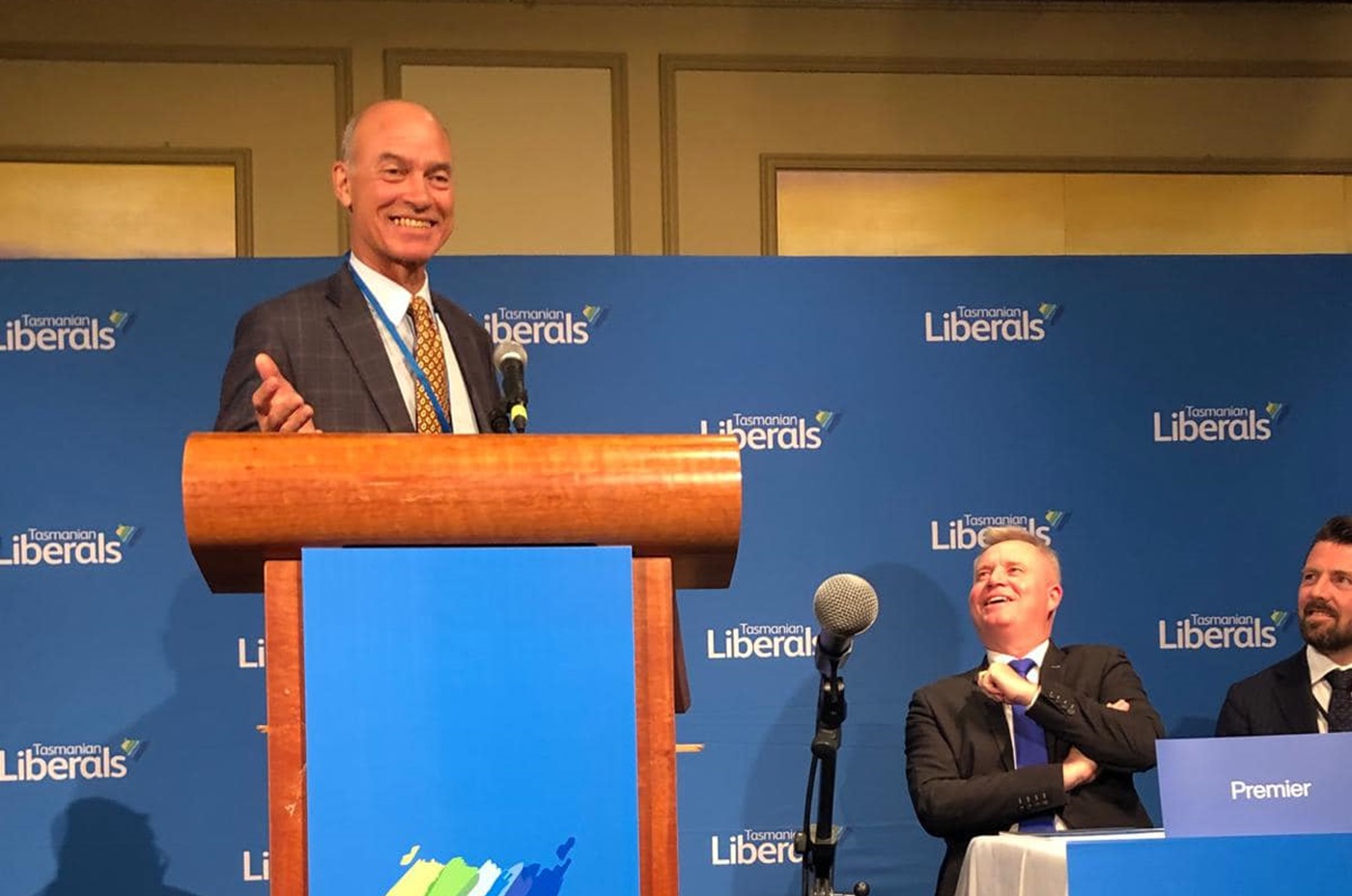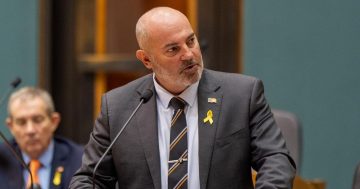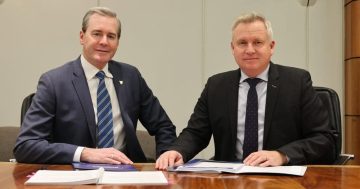
Tasmanian Treasurer Guy Barnett says the budget should return to surplus by 2029-30. Photo: Guy Barnett Facebook.
The Tasmanian Treasurer Guy Barnett has ruled out major changes to the state’s taxation system or spending profile in the face of a budget blowout over the next four years.
The government’s revised estimates report that was released last week forecasts net debt to reach $9.8 billion by 2027-28, and revealed a $503 million increase in net operating deficit for the current financial year to $1.3 billion.
It also shows reduced deficits over the next three years, until returning to surplus in 2029-30.
The revised estimates report was released alongside the government’s response to an independent review of the state’s finances conducted by noted economist Saul Eslake which was delivered last August.
Mr Barnett thanked Mr Eslake for his report which he described as wide-ranging and informative.
“It is the government’s view in many ways the recommendations in the independent review are consistent with the government’s fiscal strategy,” he said.
“The government’s response is structured into four sections which address the key themes of the recommendations of the independent review – namely, fiscal strategy and targets, budget matters, new taxes, agency resourcing and reporting.
Mr Barnett said the government would continue its commitment to Tasmanian businesses and households of no new or increased taxes.
“It is clear that Tasmania is not immune to the challenges associated with increased demand on health and hospitals and this is having a material impact on Tasmania’s fiscal position, but we recognise that these impacts are not unique to Tasmania,” he added.
“We are continuing to deliver our 2030 Strong Plan for Tasmania’s Future and will deliver a net operating surplus by 2029-30.”
Rather than focus on taxation or other forms of revenue, in his response to the Eslake report, Mr Barnett said the government would look to drive efficiencies in the public sector.
“We need to drive efficiencies, increase productivity and innovation across our public service, and we will be backing in business, backing in industry, creating jobs,” he said.
In the response, he said the budget had provided for “modest budget efficiencies” in the current financial year of about $300 million over the forward estimates, on the principles that they must be achievable in the short and long term, be allocated to activities and costs within the control or influence of the agency concerned, not negatively impact on the outcomes of frontline services, and be reliably reported.
He also said a reliance on growth in the state’s economy would also contribute to a reduction in the deficit.
“The report does show a continuing growth in our economy in Tasmania,” he said. “That’s so important for jobs and to back in business and back in industry.”
To that end, gross state product is forecast to rise 1.75 per cent in 2024-25, and more than two per cent the following year, but is still at risk from inflationary influences.







